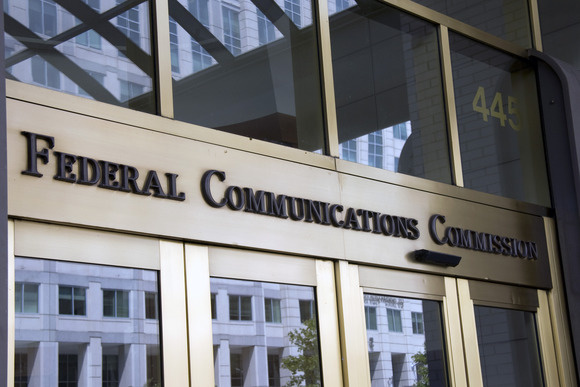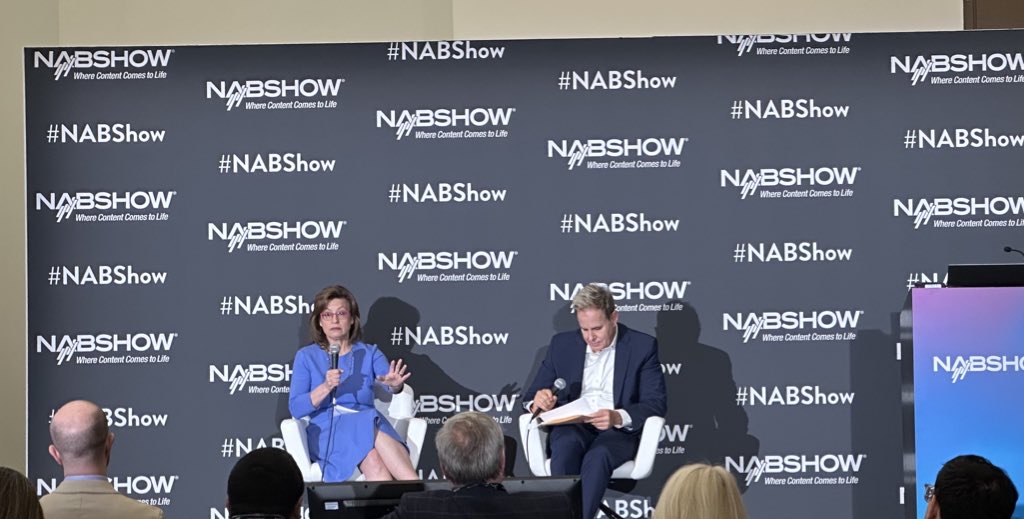FCC Sides With AT&T in Retrans Negotiations Complaint
WASHINGTON—AT&T was correct in a complaint it filed arguing that nine station groups were not negotiating a new retransmission agreement in good faith, according to the FCC.

The complaint, filed in June, said that the stations failed to negotiated in good father for consent to carry the signals of 20 broadcast TV stations. As a result, the stations have been blacked out for AT&T video subscribers since the final extensions to the previous retransmission agreement ended, which to date has been five months.
“[W]e find that Defendants’ violated the per se good father negotiation standards,” the FCC’s opinion reads. “We therefore grant AT&T’s Complaint, and direct the parties to commence good faith negotiations.”
The licensees listed in the complaint are Deerfield Media, GoCom Media, Howard Stirk Holdings, HSH, Mercury Broadcasting, MPS Media, KMTR Television, Secont Generation of Iowa and Waitt Broadcasting. AT&T stated in its complaint that all of these station groups were “managed and controlled by Sinclair Broadcast Group through some type of shared services agreement.”
The FCC said that the defendants showed a persistent refusal to negotiate, caused unreasonable delays in negotiations and failed to respond to AT&T’s proposals. While broadcasters do not have a legal obligation to come to terms on a deal, they are required by the FCC and the STELAR Act to negotiate in good faith.
The station groups argued that they were negotiating jointly with AT&T and that their common agent for the negotiations, in this case Max Retrans, was responsible and as long as it was engaged they were in compliance with their good faith negotiation obligations.
The commission disagrees.
Get the TV Tech Newsletter
The professional video industry's #1 source for news, trends and product and tech information. Sign up below.
“[I]t is not impermissible for Defendant Stations to participate in joint negotiations with AT&T. … However, stations in different markets that choose to negotiate jointly do not gain any special status under the good faith rules; each such station remains ultimately responsible for its own compliance.”
The FCC chose not to fine any of the stations at this time, but said that it reserves the right to return to these issues.
According to AT&T, as of Thursday, Nov. 7, it has reached a retransmission agreement with three of the nine broadcasters involved in the complaint (Deerfield, GoCom and Second Generation of Iowa) and “continue to push for progress with the others.”
TVT’s sister publication, B&C, provides some additional details on how the two sides view this ruling as it relates to STELAR.
